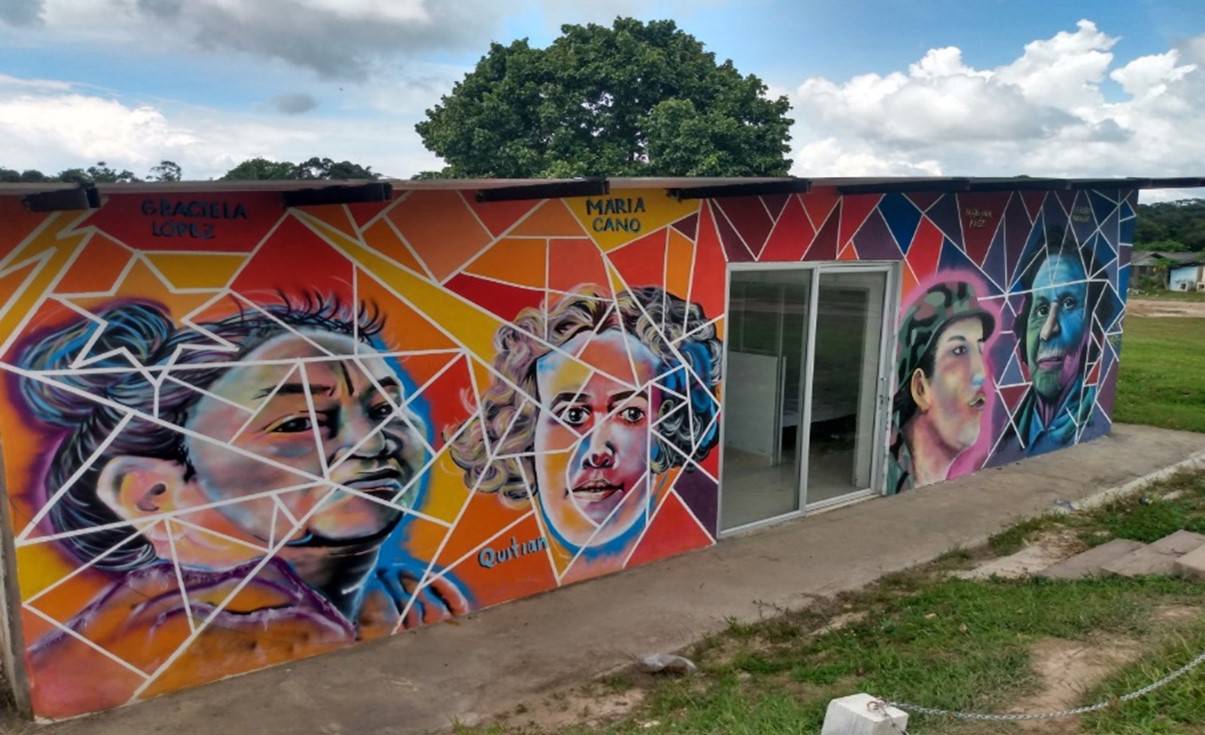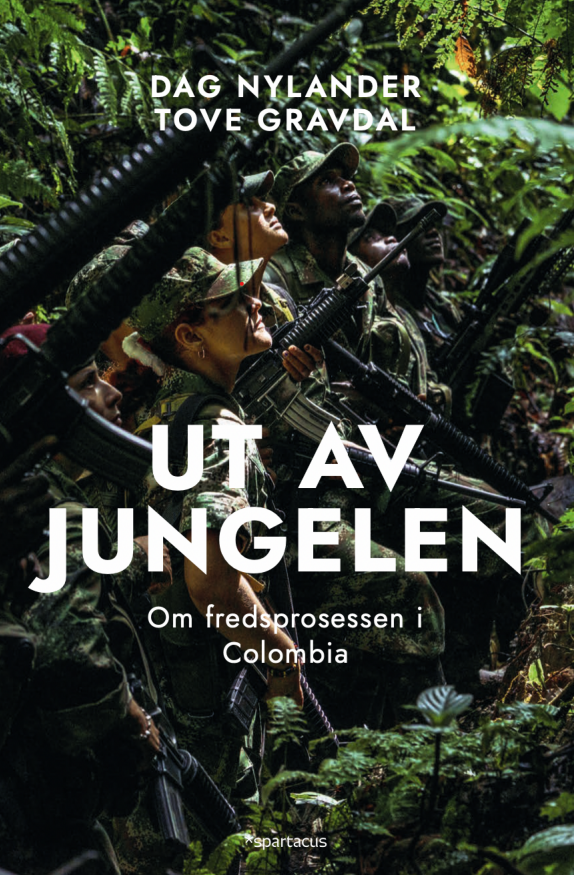
For peace to be lasting, it has to be inclusive. Yet, bringing together conflicting parties, civilians, and other actors is a challenging task. In this seminar, three experts will examine the ways through which inclusive peace processes can be developed, maintained, and implemented.
This seminar is hosted by the PRIO Center on Gender, Peace and Security.
PRIO's Deputy Director, Torunn Tryggestad will moderate the discussion and give opening remarks.
Speakers
Dag Nylander, Director, Norwegian Centre for Conflict Resolution (NOREF)
Dag Nylander will give an outline of his experiences leading the Norwegian facilitation of the peace process between the Colombian government and the FARC from 2010 to 2016. He will touch on issues such as effectiveness and inclusivity, perceived liberal agendas and wording, and its application in conservative societies. He will also give his views on early adequate framing of the issues with conflicting parties.
 Dag Nylander is the co-author of the book Ut av Jungelen, published in March 2023. Copies of the book will be available at the seminar. Photo: Spartacus / Kjetil Waren Johnsen
Dag Nylander is the co-author of the book Ut av Jungelen, published in March 2023. Copies of the book will be available at the seminar. Photo: Spartacus / Kjetil Waren Johnsen
Wenche Iren Hauge, Senior Researcher, Peace Research Institute Oslo (PRIO)
Wenche Iren Hauge will focus on the gender dimension of minors in disarmament, demobilization, and reintegration (DDR) processes, based on her case studies of Colombia and Nepal. She is working on the Norwegian Research Council-funded project DISARM: How post-accord disarmament affects peace and conflict dynamics.
Júlia Palik, Senior Researcher, Peace Research Institute Oslo (PRIO)
Júlia Palik will discuss global trends related to DDR provisions in peace agreements in general, and how women and minors are framed in DDR processes specifically. She will highlight how the framing of women and minor combatants in peace agreements’ DDR provisions has important implications for inclusive war-to-peace transformations. She is the leader of the DISARM project.





